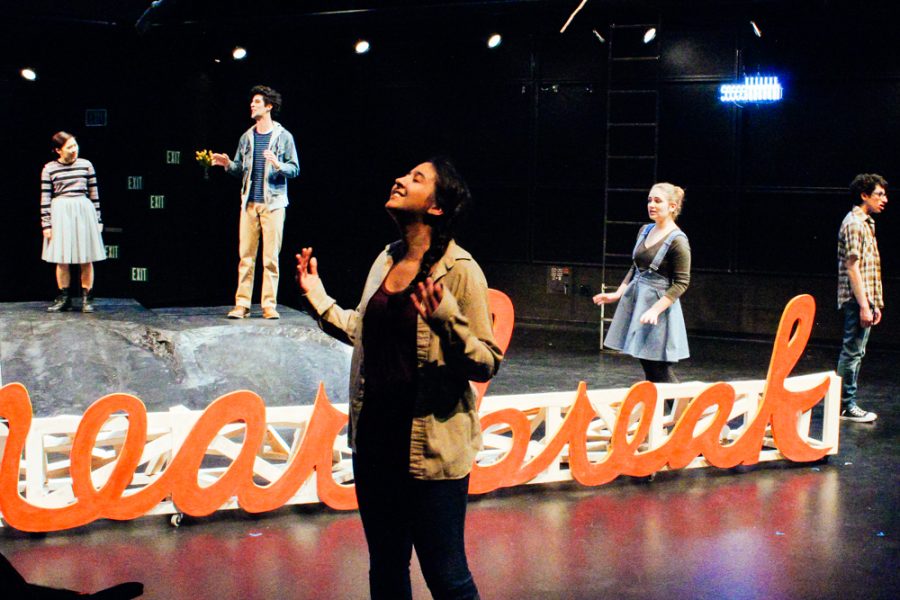
“Are you writing a sequel?” first-year Owen Lowry asked Thomas Mullen, author of “The Last Town On Earth,” during a lecture on Monday, Sept. 21, in Cordiner Hall.
“The Last Town On Earth” was the assigned summer reading for the class of 2013. The novel is about moral dilemmas that arise when the fictional logging town of Commonwealth, Wash., decides to quarantine itself in an effort to avoid the Spanish flu of 1918.
Due to the nature of his story, many were curious about Mullen’s reaction to the outbreak of swine flu. Many first-year students, after reading the novel, became rather concerned when receiving the eerily related news that those who become sick this school year will be “quarantined” to their room and that 40 percent are expected to become ill.
In an interview with The Pioneer prior to the lecture, Mullen joked, “Then my next book is about the great depression and I wrote that when we were having a strong economy and now things have gone south, so my editor thinks I’m psychic. It’s weird.”
At the lecture, Mullen addressed how the idea came to him for the novel and took questions.

“Did you intend to make a specific argument with your novel?”
“What was your favorite part to write?”
“The book was really heavy and a lot of people die. Was it difficult to put your characters through all that?”
Mullen’s response to the majority of questions about the novel was that the book could be interpreted in many different ways. He gave neither a direct “yes” nor “no” when asked if the book was meant to elicit a specific emotion.
As “The Last Town On Earth” is Mullen’s first novel, the author was interested in others’ opinions of his book and very excited about its success.
“Just having the book read is cool,” he said.
As a student at Oberlin College, Mullen majored in English and history. He said he wanted to be a novelist for as long as he could remember but did not make it into his college’s creative writing program.
“It just comes to show that you don’t always have to follow the assigned path,” Mullen said at the lecture.
Students found it rewarding to be able to hear Mullen’s story and question his methods.
“I liked the way he answered questions,” first-year Adam Gilbert said.
“I came to see what he had to say,” said first-year Molly Blust.
Though the majority of the crowd were first-year students, they did not make up the entire assembly. Student Academic Advisors (SAs) and Resident Assistants (RAs) who had read the novel attended, as did a few community members and several upperclassmen who had taken the time to read the book.
Sophomore Elana Congress read the book because “I thought it would be a good way to meet the freshmen.” She added, “[Mullen] was really clever, competent and well spoken.”
Community member Claudia Angus attended the lecture with several women from her book club, which had chosen to read “The Last Town On Earth” because Whitman recommended it.
“We’ve read three of [Whitman’s] books so far,” Angus said. “It’s interesting to hear the author’s perspective about how he chose his topic.”
Mullen’s topic, the Spanish flu, was not well-documented historically. He mentioned the struggle to find information on the event, which appears to have been obscured by World War I. All his research culminated in success with the book’s growing popularity. Regardless of what students took away from the novel, Mullen implores all to “read as much as possible.”










